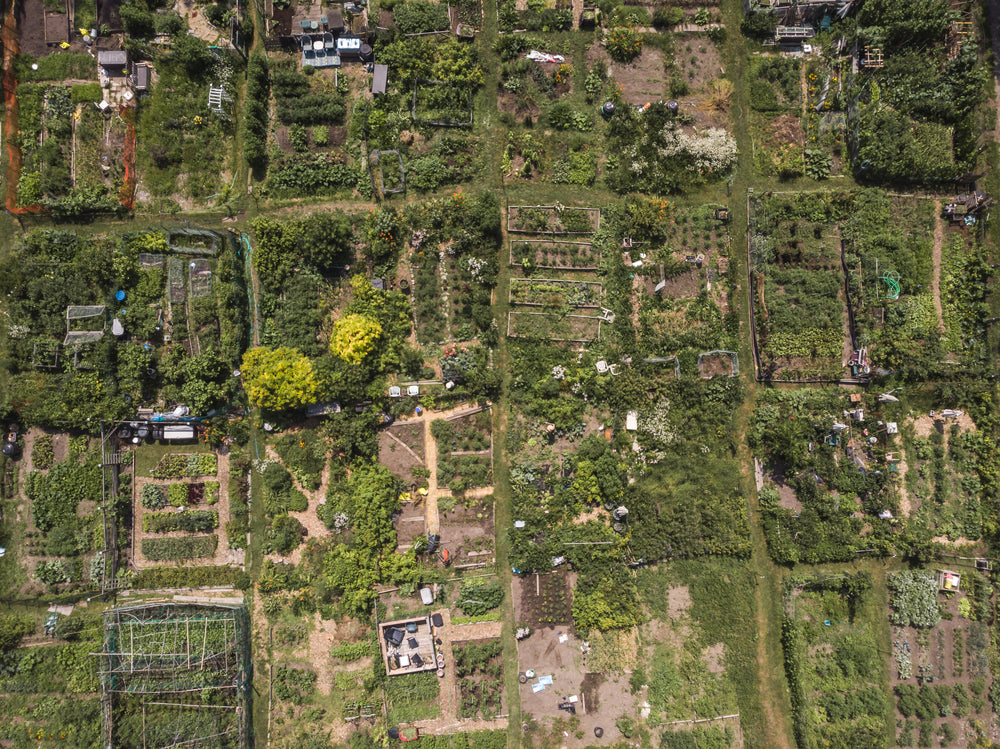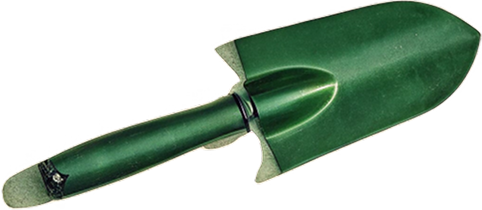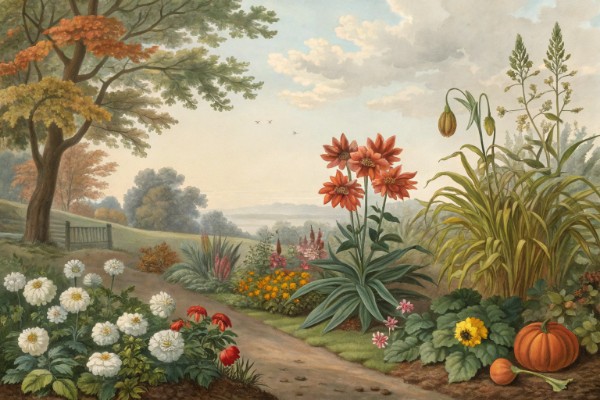Combatting Weeds Effectively in Your Vegetable Garden

Combatting Weeds
Combatting weeds in your vegetable garden starts with planting crops tightly to shade the soil, applying mulch generously to smother unwanted growth, and uprooting invaders early before they spread. Left unchecked, weeds steal nutrients, water and sunlight, stunting your veggies and crowding out harvests. Fortunately, a few simple, proactive steps will reclaim your garden beds—and your sanity—from persistent weeds, keeping vegetables thriving and dinners delicious.
Combatting Weeds: Vegetable Garden Cheatsheet
🌱 Weed Early & Often
- ⏳ Weekly checks: remove weeds when small for quick control.
- 🕐 Weed after rainfall; damp soil makes roots removal easier.
🛠️ Use Proper Tools Correctly
- 🔧 Hand hoe: slice weeds at soil surface before roots spread.
- ⚙️ Weed fork: targets deep-rooted weeds (dandelions, thistles) quickly.
🌿 Mulching Benefits
- 🍂 Apply organic mulch (straw, compost, grass clippings) 2-4 in (5–10 cm).
- 🌡️ Mulch reduces weed growth by 70–90% and maintains moisture levels.
- ♻️ Breaks down slowly, boosting soil fertility and plant nutrition.
🌾 Crop Rotation & Companion Planting
- 🔄 Rotate crops annually to disrupt weed cycles, pests, and diseases.
- 🌼 Interplant vegetables with weed-suppressing companions (marigolds, basil, oregano).
🍃 Soil Solarization Technique
- ☀️ Cover soil with clear plastic for 4–6 weeks (summer), raising temperature to 120–140°F (50–60°C).
- 🔥 Kills weed seeds, pathogens, pests; boosts future yield naturally.
💧 Drip Irrigation Advantage
- 🚰 Target water directly at plant roots; starve weeds from moisture needed to grow.
- 🛑 Limits germination of new weed seeds; promotes efficient water use and self-sufficiency.
🚫 Avoid Herbicides
- 🍅 Keep edible crops chemical-free; safeguard health and nutritional value.
- 🖐️ Manual removal and preventive measures provide safe weed control.
Why Weeds Are Such Persistent Little Villains
Weeds, those resilient intruders popping up among precious vegetables, tested my gardening patience for years. Clearly, combatting weeds requires strategic ingenuity over brute force.
Yet, battling weeds doesn't demand harsh chemicals or endless backbreaking work. With smart practices, you can maintain a lush, productive vegetable patch without surrendering weekends to weed pulling.
Mulching: Covering Ground and Defending Territory
Mulching is my go-to frontline defense. A good mulch denies weeds sunlight, starving them before they take hold.
Organic mulches—straw, grass clippings, shredded leaves—create effective barriers while nourishing soil as they decompose. Last summer, spreading straw mulch around my tomato plants slashed weed germination by half, while retaining moisture during scorching July afternoons (around 90°F/32°C).
Quick mulching tips:
- Layer mulch thickly, about 2-3 inches (5-8 cm) to block sunlight effectively.
- Avoid mulching right up against plant stems to prevent rot.
- Replenish regularly as mulch breaks down over the season.
Plant Densely and Strategically
Years ago, I left wide spaces between my vegetable seedlings, thinking they needed "room to breathe." Big mistake—those gaps encouraged weed invasions.
Now, I plant vegetables closer together, maximizing canopy shade to discourage weed growth. Lettuce, spinach, and carrots perform wonderfully in dense planting schemes, crowding out competition naturally.
The Art of Crop Rotation
Crop rotation helps disrupt weed growth cycles. Certain weeds prefer particular vegetables; by rotating crops yearly, you're robbing weeds of their preferred hosts.
One season, garlic occupied a bed previously dominated by pesky bindweed. The garlic thrived, while bindweed struggled miserably—sweet revenge indeed.
Manual Intervention with Precision
Despite preventive strategies, some stubborn weeds inevitably sneak through defenses. Swift and decisive removal prevents them from spreading seeds and multiplying your troubles.
I favor short, frequent weeding sessions rather than exhaustive marathons. Ten satisfying minutes each morning with a sharp hoe quickly dispatches emerging weeds before they establish dominance.
"Weeds produce thousands of seeds per plant annually and can remain viable 5 to 40 years in the soil. Early removal is your best insurance against future invasions."
Cover Crops—Allies in Weed Suppression
Cover crops, like buckwheat or clover, suppress weeds by occupying bare ground between vegetable plantings. These plants grow swiftly, forming dense carpets that outcompete aggressive invaders.
Last autumn, I planted crimson clover in empty vegetable beds. It sprouted rapidly, denying winter weeds a foothold while enriching my soil with nutrients.
Simple cover crop options:
- Buckwheat: Fast-growing, smothers weeds efficiently.
- Crimson Clover: Nitrogen-fixing and attractive, ideal for cooler seasons.
- Winter Rye: Hardy, improves soil structure, and delivers weed suppression.
Careful Cultivation—Loosen Soil, Not Weeds
Deep cultivation brings dormant weed seeds to the surface, prompting germination. Instead, gentle, shallow cultivation disturbs fewer weed seeds and prevents widespread outbreaks.
A sharp garden hoe, drawn lightly across the soil's surface, slices off emerging weed seedlings without disturbing deeper, dormant seeds. Quick and effective.
Watering Smarter, Not Harder
Water selectively, targeting vegetable roots, rather than spraying overhead. Drip irrigation or soaker hoses effectively deliver water exactly where needed, reducing moisture availability for weeds.
I adopted drip irrigation two seasons ago, significantly reducing weed growth near crops and noticeably cutting water usage—win-win.
Stay Vigilant and Adaptive
Weeds evolve, thrive, and adapt—so must our defensive strategies. Rotate methods, combine approaches, and stay observant.
The goal isn't perfection, but sustainable harmony between vegetables and the relentless, opportunistic weeds always eager to invade our precious patches.

Want smarter plant choices? 🪴
Frequently Asked Questions About Combatting Weeds in Vegetable Gardens
Which organic mulches effectively limit weed growth?
Organic mulch materials such as straw, wood chips, or shredded leaves effectively limit weed growth by blocking sunlight. Spread a layer approximately 2–3 inches (5–7.5 cm) thick around vegetable plants to suppress weeds naturally and maintain soil moisture.
How can cover crops suppress weeds between growing seasons?
Cover crops like clover, ryegrass, or buckwheat actively compete with weeds by occupying available soil and absorbing nutrients. Once grown, these crops can be turned into the soil, enriching it with nutrients and preventing weed establishment during the offseason.
What cultivation methods minimize weed presence in vegetable beds?
Regular shallow cultivation using a hoe or cultivator tool disturbs young weed seedlings before they take root. Maintain cultivation depth between 1–2 inches (2.5–5 cm) to avoid damaging vegetable plant roots while effectively removing weeds.
Can planting arrangements reduce weed growth?
Yes, close spacing and intercropping vegetable plants minimize available sunlight and space for weeds. For example, planting quick-growing vegetables like radishes or lettuce near slower-growing types can fill gaps rapidly, limiting weed opportunities.
How effective are landscape fabrics in managing weeds?
Landscape fabrics placed beneath organic mulch act as barriers, preventing weeds from emerging. Choose permeable, breathable fabrics allowing water penetration, and ensure vegetable plants can grow without restriction by cutting precise planting holes.
Are there natural herbicides suitable for vegetable gardens?
Natural herbicides derived from materials like vinegar-based solutions (minimum 20% acetic acid) can effectively eliminate weeds. Apply directly to weed foliage on a sunny day above 70°F (21°C) for best results; however, avoid contact with vegetable plants, since these solutions affect all vegetation.
Do raised beds help reduce weed infestation?
Raised beds, constructed at least 6–12 inches (15–30 cm) beyond ground level, filled with weed-free soil and compost, limit weed seeds from reaching planting soil. Combine raised beds with mulch or landscape fabric for improved weed management and easier garden maintenance.
Combatting weeds is about being steady and sharp. Keep your soil covered, use mulch like a shield, and strike early—pulling young weeds before they set seed. Rotate your crops, and don’t underestimate the payoff of regular walks through the garden with a hoe in hand. Consistency beats brute force every time. Stay vigilant, and your vegetables won’t have to compete for sun or nutrients. In the end, combatting weeds gives you more than just tidy rows—it hands you better harvests and a little peace every time you step out among your plants.
The Money Saver's Guide to Weed-Free Vegetable Gardens
Cost-Effective Homemade Weed Barriers
- Cardboard Sheets: Layer flattened cardboard boxes between rows, wetting thoroughly to secure in place; suppresses weeds up to three months, earthworms organically break down material.
- Paper Mulch: Layer 5-7 sheets of newspaper (soy-based ink only) around vegetable plants; top with straw to hold moisture, breaks down naturally within season.
Reusable Mulching Materials
- Burlap Sacks: Obtain from coffee roasters cheaply, cut to fit garden beds, allowing water and nutrients penetration; lifespan 1-2 seasons.
- Landscape Fabric: Higher initial cost, reusability (3-5 years) offsets expense; choose woven fabric for vegetables to ensure drainage and root warmth.
Weed-Suppressing Cover Crops
- Buckwheat: Sown densely between vegetable rotations, rapidly grows (matures within 4-6 weeks), shading out weeds; enriches soil nitrogen, beneficial pollinator attractant.
- White Clover: Low-growing living mulch; suppresses weeds continuously, fixes nitrogen into soil, significantly reduces fertilizer requirements.
Affordable Hand-Weeding Tools Worth Buying
- Stirrup Hoe: Quick surface weed removal; minimal soil disturbance preserves soil structure and beneficial microorganisms.
- Dandelion Puller: Effective taproot weed extraction; eliminates need for chemical treatments, promotes soil and crop health.
Economic Benefits of Weed Composting
Recycle pulled weeds safely (excluding invasives/seeds) into compost heap; converts unwanted plants into nutrient-rich organic amendment, reducing fertilizer bills by 25-50% annually.
Find out which plants will thrive in your garden!
Answer a few fun questions and get custom plant recommendations perfect for your space. Let’s grow something amazing together!

start your season





